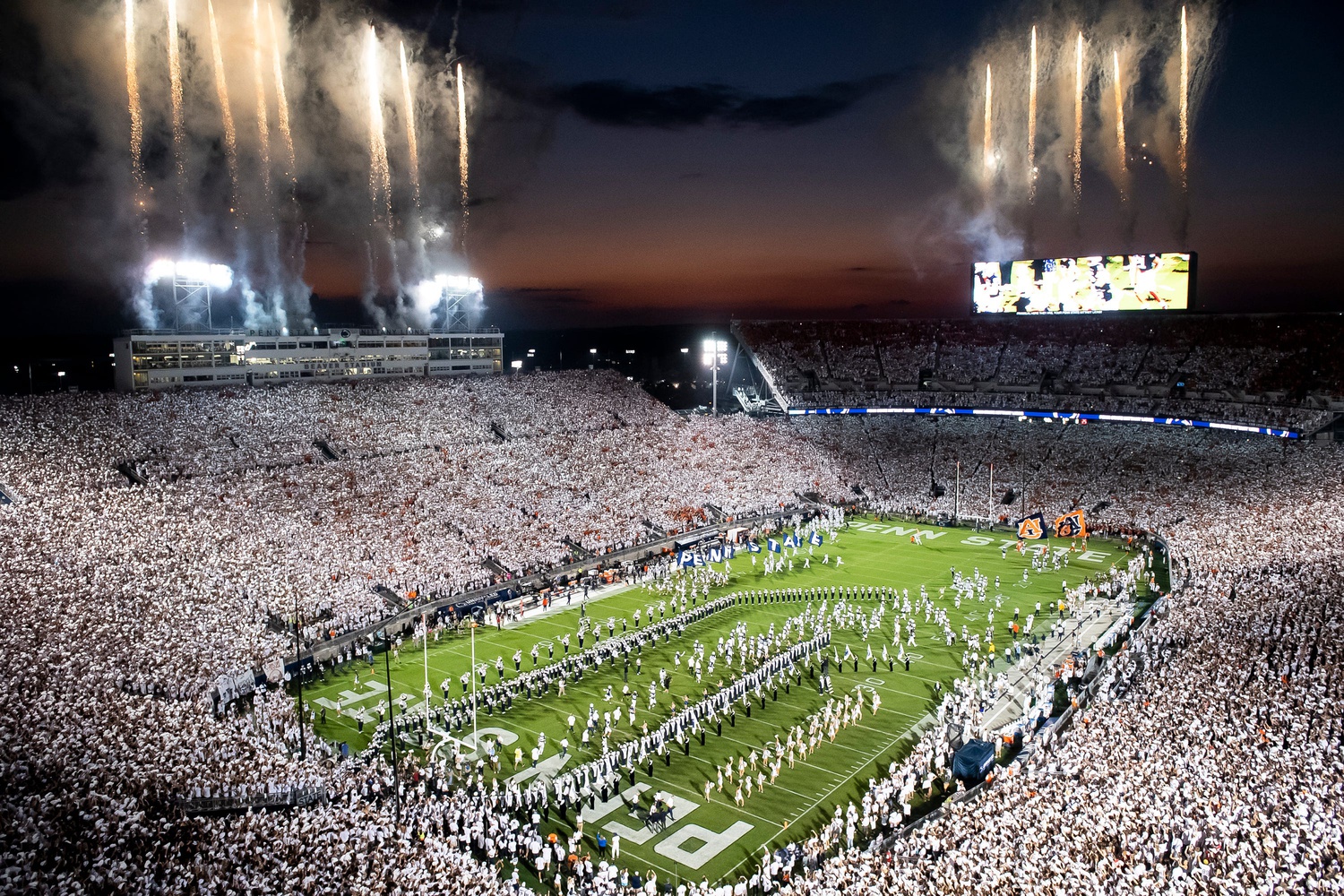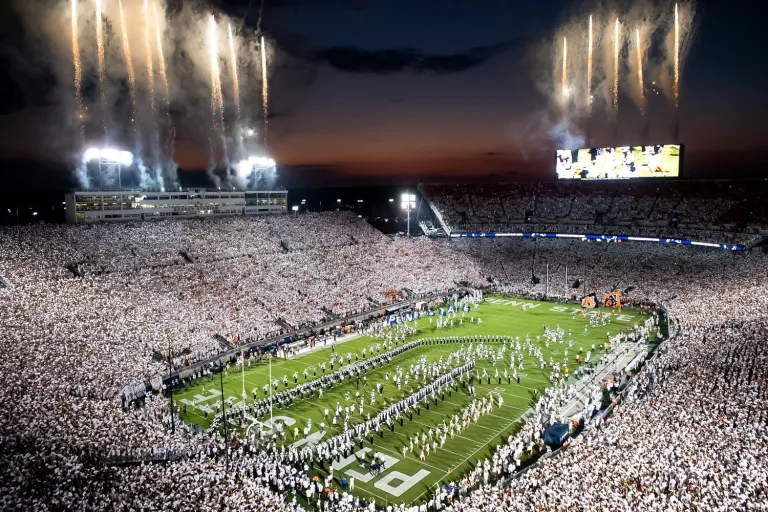Penn State’s $700M Plan Signals an Intensifying Facility Arms Race

New York Daily Record
Major facilities improvements are being made to one of college football’s most renowned and true blueblood programmes. However, not everything is well in Happy Valley, and the initiative serves as another indicator of the mounting demands placed on collegiate athletes.
Beaver Stadium is scheduled to reopen in 2027 after a $700 million reconstruction was approved by Penn State’s board of trustees on Tuesday. Although the project has been under discussion since the beginning of the year, only the $70 million preliminary design phase has been approved thus far.
The second-largest college football stadium, with 106,572 seats, will undergo a variety of improvements as part of the planned work. These will include wider concourses, more restrooms, new escalators, an upgraded videoboard and lights, more premium seating, and winterization improvements to better accommodate late-year events like the College Football Playoffs early rounds.
Beaver Stadium is now undergoing construction on a new 21,000-square-foot indoor facility and welcome centre, which will solidify the stadium’s status as the “front door” for the whole Penn State campus in State College, Pennsylvania. Through a combination of capital budget, loans, and fundraising, Penn State’s athletic department will finance the renovation. The goal is to finish by 2027.
“This endeavour is essential. The community’s and fans’ experiences must be significantly improved, according to Penn State President Neeli Bendapudi. “The success of Penn State affects so many lives, and this project will position us for future success.”
The Penn State governing body approved the project by a vote of 26-2, with 3 abstentions. Even still, the almost two-hour hearing that preceded the vote was acrimonious, with opponents of the project repeatedly claiming that the project’s financial modelling was flawed and that the approval process was too quick. A few opponents attempted to push back the vote from Tuesday to July 8.
Trustees Alvin de Levie stated, “The public should know that a $700 million item is being rushed [through] for no good reason.”
Maintaining
The voting was held at Beaver Stadium, which had not undergone major renovations since 2001. Since then, the collegiate sports industry as a whole has seen many takeovers. Penn State is currently a member of the Big Ten league, a coast-to-coast organisation that aims to maintain its position as the highest-earning league, even while college football continues to lose ground to the facilities arms race.
Nebraska, a fellow Big Ten member, has postponed plans to update Memorial Stadium at that university. However, Penn State representatives stated that there was a risk and a need to move forward with their case right now.
Athletic director Pat Kraft of Penn State stated, “We are behind, both in what we provide our fans and in fixing the necessary structural needs in the stadium.” Penn State needs to catch up to its counterparts. Beaver Stadium ought to be more than just mediocre or interchangeable with other stadiums. It is not an option to do nothing.



